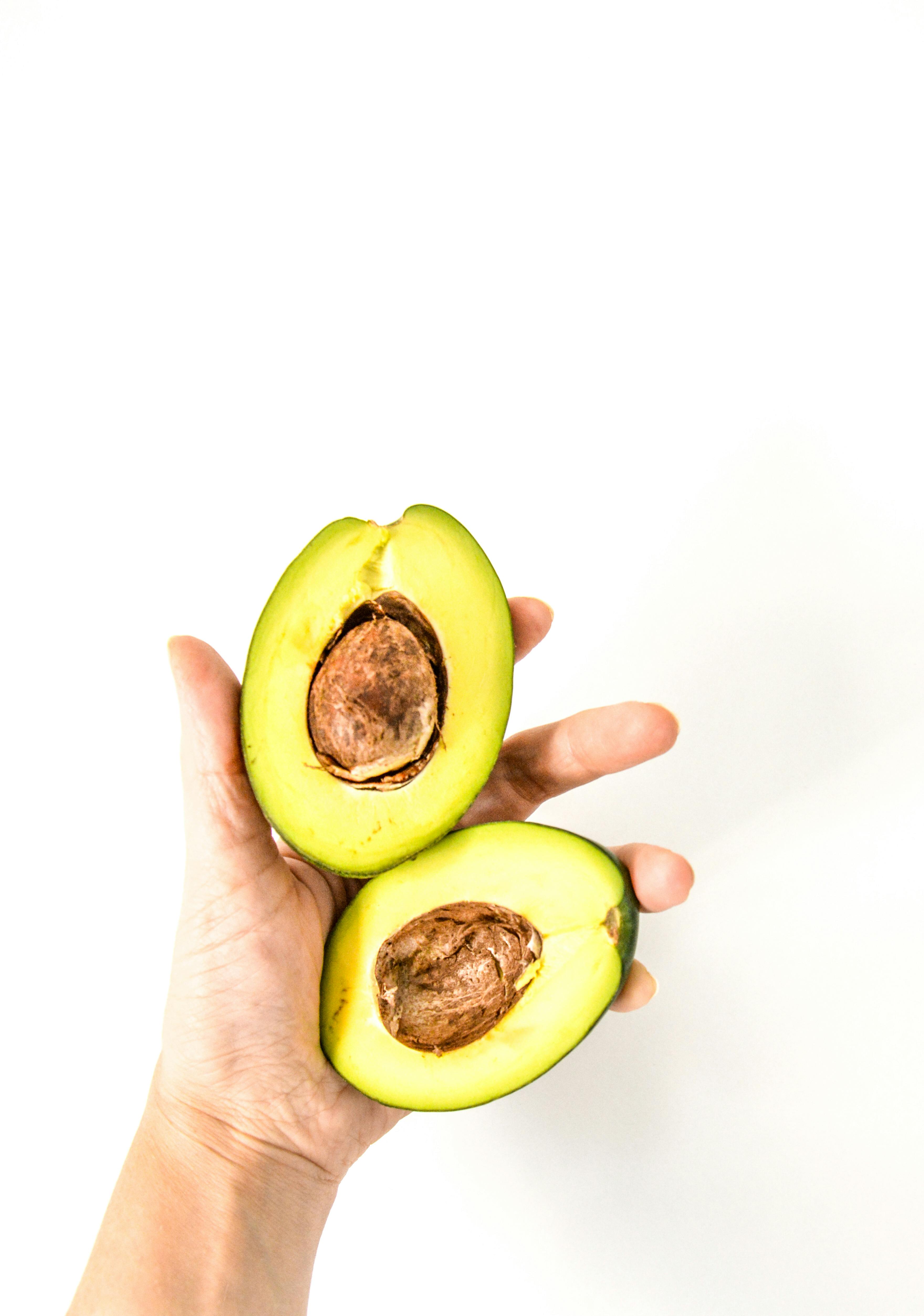
Apply Now


Effective Kidney Stone Diet Chart for 2025
Understanding Kidney Stones and Dietary Needs
Kidney stones are hard mineral and salt deposits that form in the kidneys. They can cause significant pain and discomfort, making it essential for individuals at risk to adopt a preventive approach through dietary management. The right diet can play a crucial role in preventing the recurrence of stones, particularly calcium oxalate stones, which are the most common type. In 2025, there is an increasing awareness of dietary influences on kidney stone formation. Essential dietary guidelines emphasize adequate hydration, low sodium intake, and a well-balanced diet rich in fruits, vegetables, and appropriate protein sources. By understanding the relationship between diet and kidney stone health, individuals can take proactive measures to manage their condition effectively. This article outlines an effective kidney stone diet chart, focusing on smart ways to prevent stones through meal planning, hydration strategies, and understanding which foods to avoid. By following the guidelines provided, you can work towards maintaining kidney health and reducing the risk of developing kidney stones.Importance of Hydration in Kidney Stone Prevention
Proper hydration is vital in preventing kidney stones. When your body is well-hydrated, it can dilute urine and reduce the concentration of minerals that can form stones. It is recommended to drink at least 8-10 cups of fluids a day, prioritizing water over sugary drinks and caffeine. Incorporating hydration strategies such as maintaining a hydration schedule can further bolster kidney health. For instance, drinking lemon water, which is high in citric acid, can help prevent calcium stones by increasing urine citrate levels. Also, coconut water and herbal teas can contribute to hydration while offering additional health benefits.Calcium Oxalate Stones and Dietary Guidelines
Calcium oxalate stones are the most prevalent type of kidney stones. Adopting a diet low in oxalates can significantly reduce the risk of forming these stones. Foods high in oxalates include spinach, rhubarb, and nuts, which should be limited, particularly for those prone to stone formation. Conversely, maintaining an adequate intake of calcium from dietary sources like vegetable sources of calcium, dairy products, and fortified foods is crucial. Contrary to popular belief, limiting calcium intake can lead to an increased risk of stones, so it’s essential to balance calcium intake with oxalate consumption.Smart Meal Planning for Kidney Stone Prevention
A strategic meal plan should focus on preventing kidney stones while ensuring nutritional adequacy. Aim for a balanced diet that includes a variety of fruits and vegetables, whole grains, and lean proteins. Incorporating fiber-rich foods can aid in digestion and help maintain a healthy weight. Avoid processed foods, which often contain high levels of sodium, sugar, and unhealthy fats, all of which can negatively impact kidney health. Instead, opt for fresh, whole foods and learn to read food labels to monitor sodium and sugar content. Additionally, portion control is important for weight management. Maintaining a healthy weight can reduce the risk of kidney stone formation, as obesity is a risk factor.Foods to Avoid with Kidney Stones
Certain foods can exacerbate the risk of kidney stones and should be avoided. Primarily, high-oxalate foods, including spinach and beets, should be limited. Additionally, sodium-rich foods can contribute to stone development, so reducing salt intake is vital. Diets high in animal protein are also linked to an increased risk of stone formation due to higher uric acid levels. Opt for plant-based protein sources and incorporate moderate amounts of lean meats when necessary. Be mindful of high sugar foods, as they can lead to more calcium in the urine, thereby increasing stone risk.The Role of Nutrition Education in Kidney Health
Education about nutrition is fundamental in managing kidney stones. Consulting with a dietitian specialized in kidney health allows for personalized dietary recommendations tailored to individual needs. A dietitian can provide insights into food choices, portion sizes, and meal substitutions that promote kidney health. Track your food intake in a food diary, which can help identify dietary triggers and patterns linked to stone formation. This awareness allows for more effective management and prevention strategies adapted to your lifestyle.Conclusion and Next Steps
Implementing an effective kidney stone diet in 2025 involves understanding dietary restrictions, promoting hydration, and focusing on nutrient-rich foods. Awareness of foods that contribute to kidney stone formation is crucial in preventing discomfort and subsequent recurrence. Maintaining a healthy diet and staying hydrated are vital steps towards improving kidney health. As always, regular follow-ups with healthcare providers and incorporating lifestyle changes can enhance your prevention strategy. Invest in your health by focusing on nutritious eating habits, enhancing hydration, and engaging in regular exercise, which are all vital components of a successful kidney stone prevention plan.
